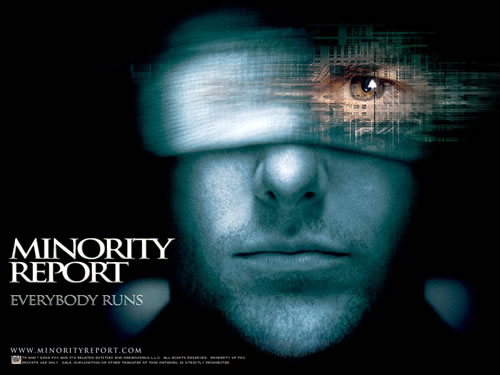The Resurgence of the Terrorism-Prevention Paradigm for Law Enforcement
Interesting piece in the Post today, highlighting the recent spate of ISIL-related arrests in the US.

Published by The Lawfare Institute
in Cooperation With

Interesting piece in the Post today, highlighting the recent spate of ISIL-related arrests in the US. As noted there, it is clear that we have entered a period of enhanced emphasis on what I call preventive prosecution: a policy posture for FBI and DOJ involving aggressive employment of the material support and conspiracy laws to enable arrests without having to await the emergence of specific plots (let alone attempts or completed acts), the "Al Capone" strategy of bringing unrelated-but-available charges in order to incapacitate suspected dangerous persons, the trumpeting of a wave of informant-linked arrests in a manner that might sow disruptive seeds of suspicion among as-yet-undetected plotters, and a general willingness to intervene with arrests at a relatively early stage rather than await the accumulation of more evidence. Put another way, we have entered a period not unlike that which characterized the early post-9/11 period, when this sort of thing was the subject of constant debate and discussion.
It is not surprising that the wheel has come round again, given the surge of interest in ISIL combined with the opportunities that social media now provide for recruitment, radicalization, inspiration, instruction, collaboration, and so forth. We should soon see a similarly robust debate about criminal law and procedure, with the powerful interest in ensuring attacks do not come to fruition contending with significant concerns about avoiding entrapment, undue chilling effects, "Minority Report" problems, and the like.


.jpeg?sfvrsn=fe8dc188_5)

